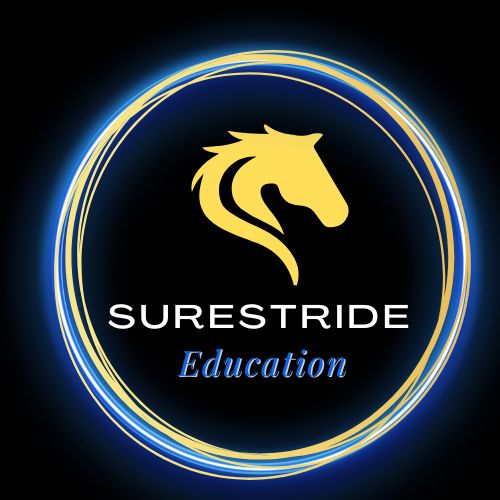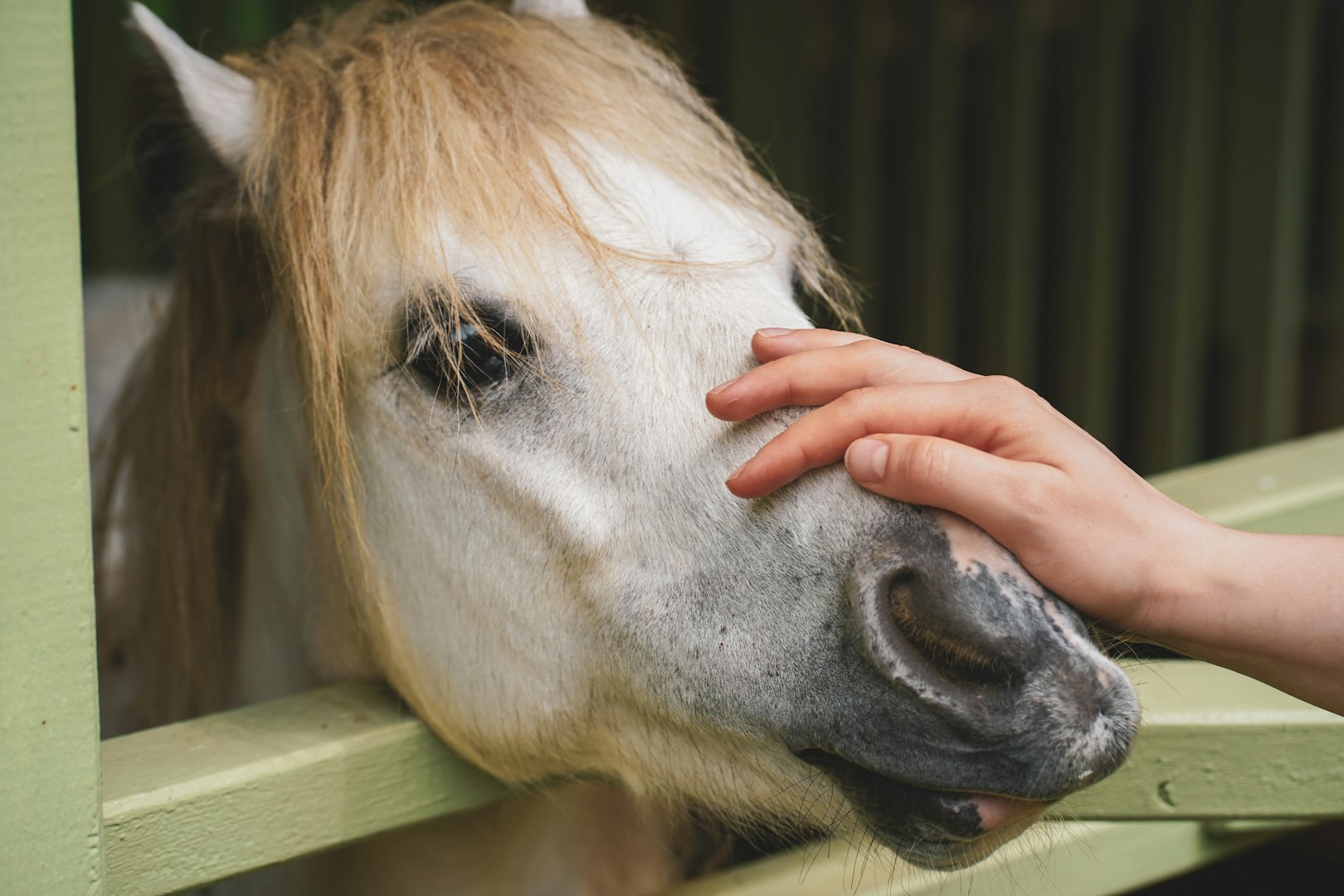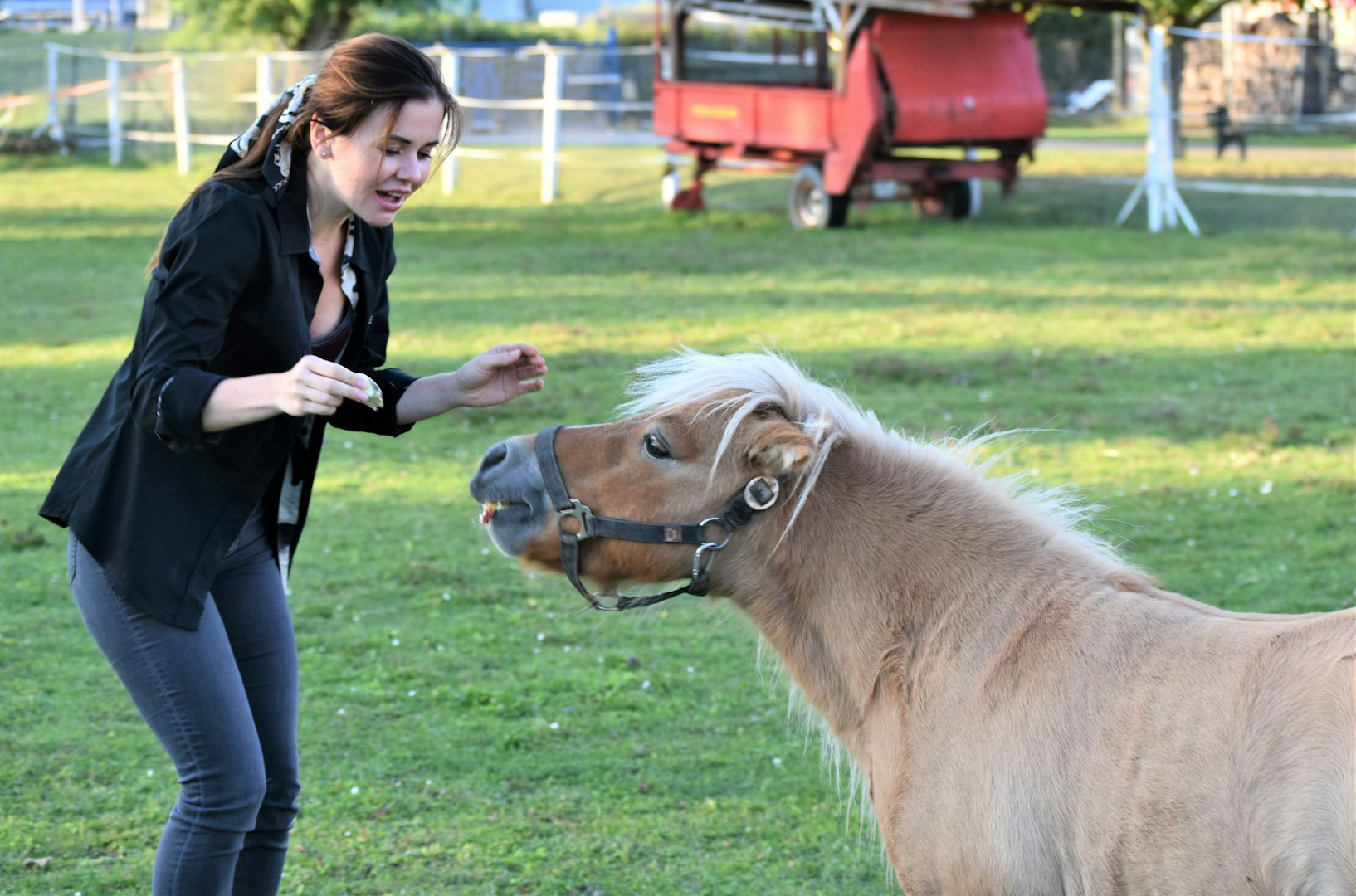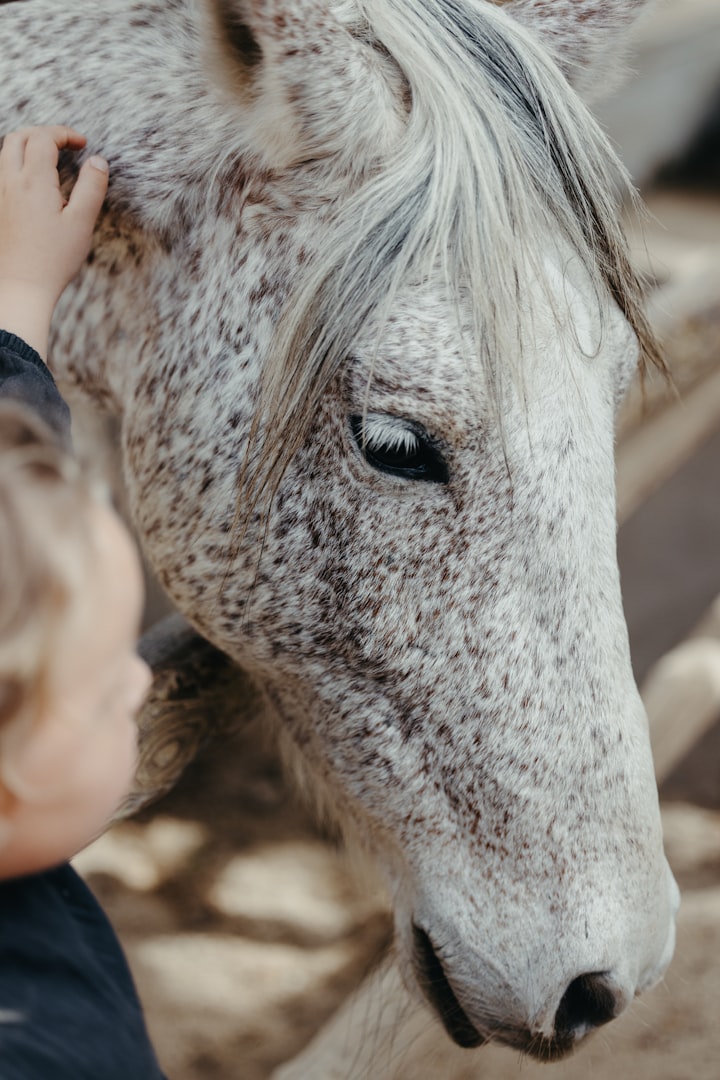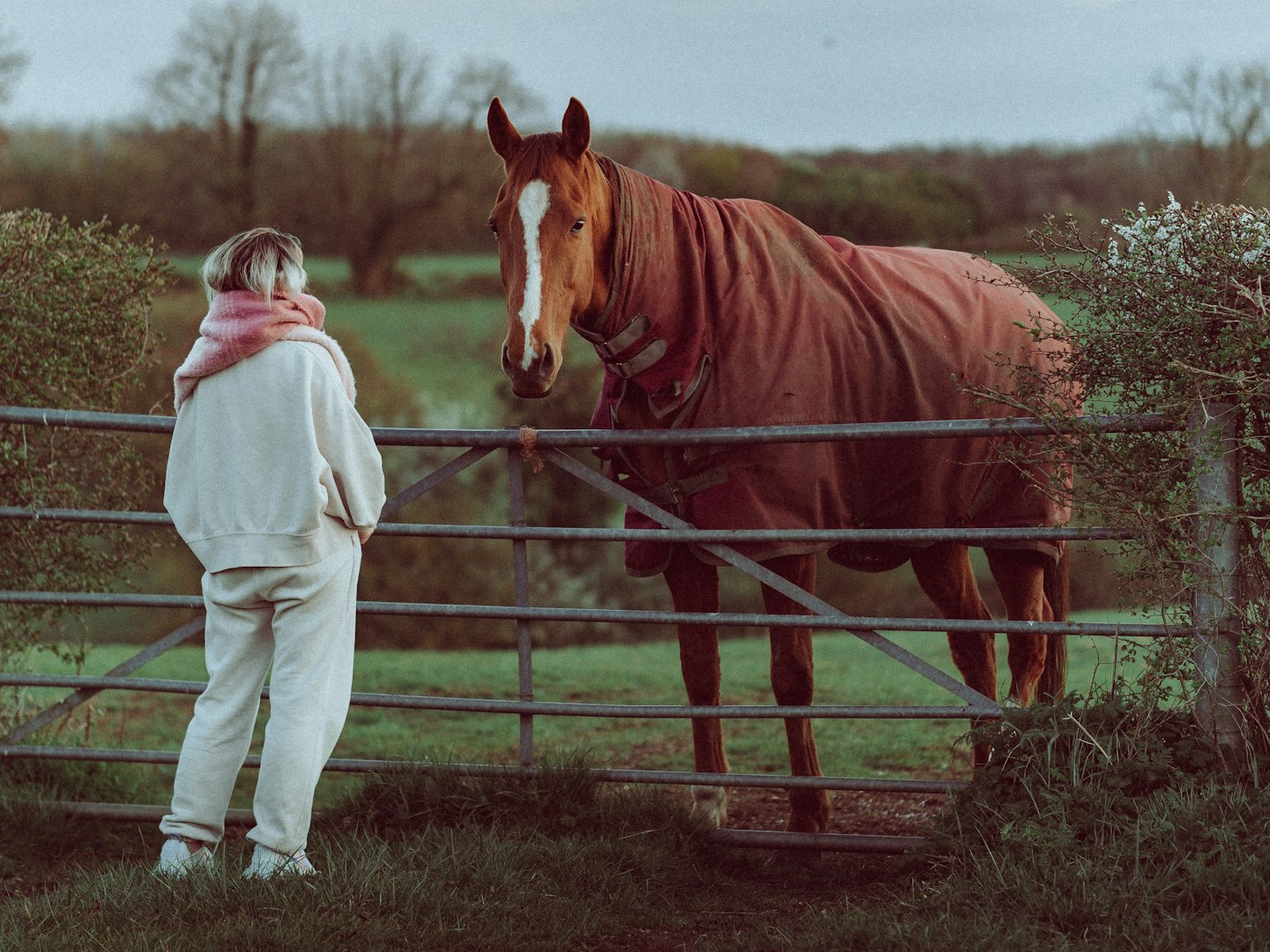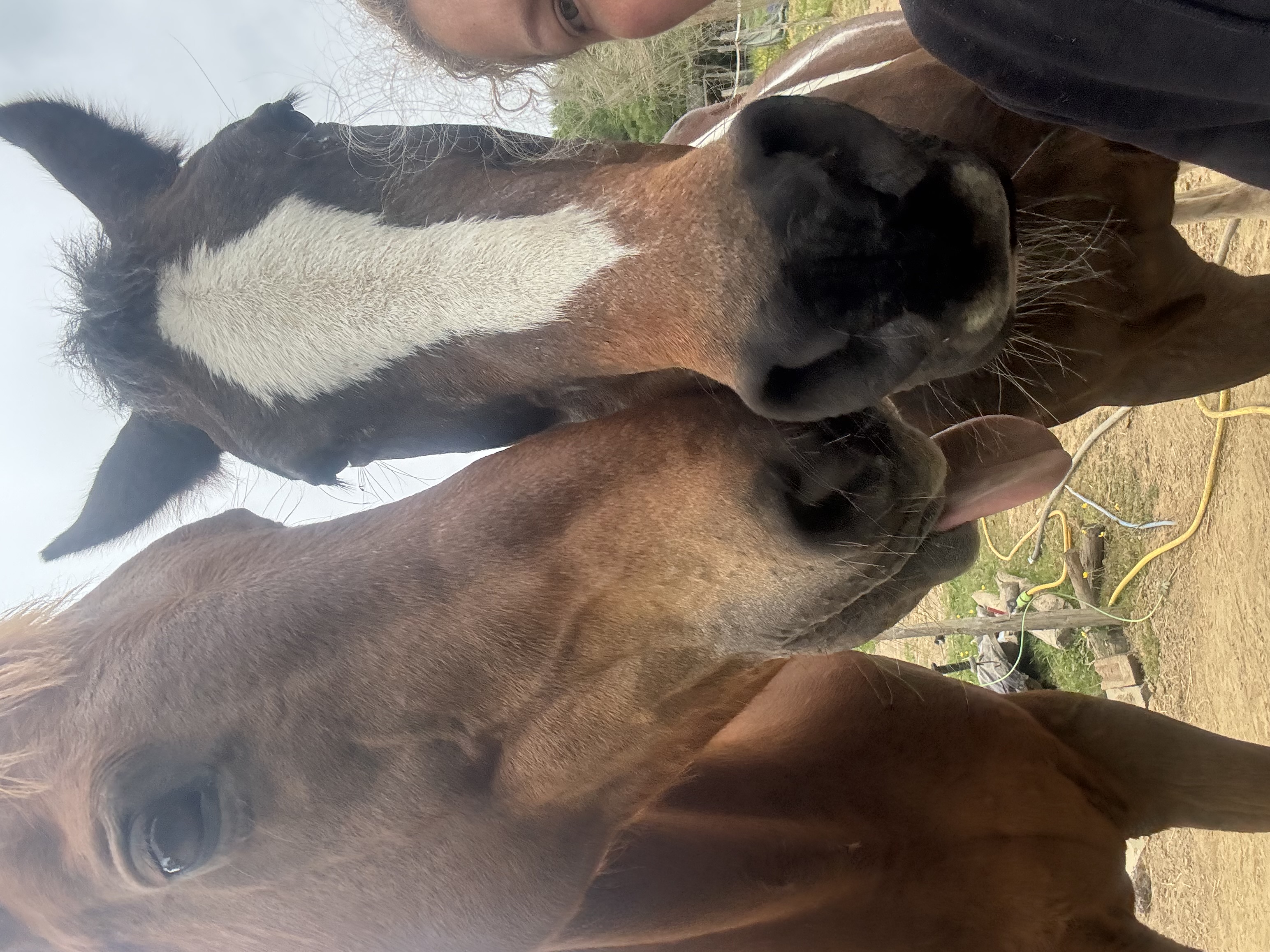Evidence from Practice
- EAGALA (2020) research reported
measurable improvements in school attendance, resilience, and behaviour.
- TEAL CIC (2023-2024) case studies show improved outcomes for children with
SEMH, ASC, and trauma backgrounds.
- NHS pilot programmes demonstrate reduced CAMHS referrals and improved
engagement in therapy.
